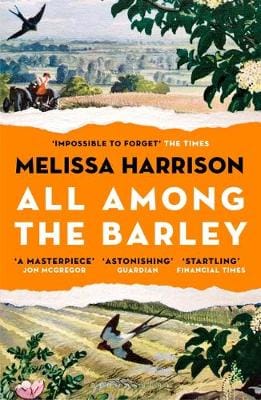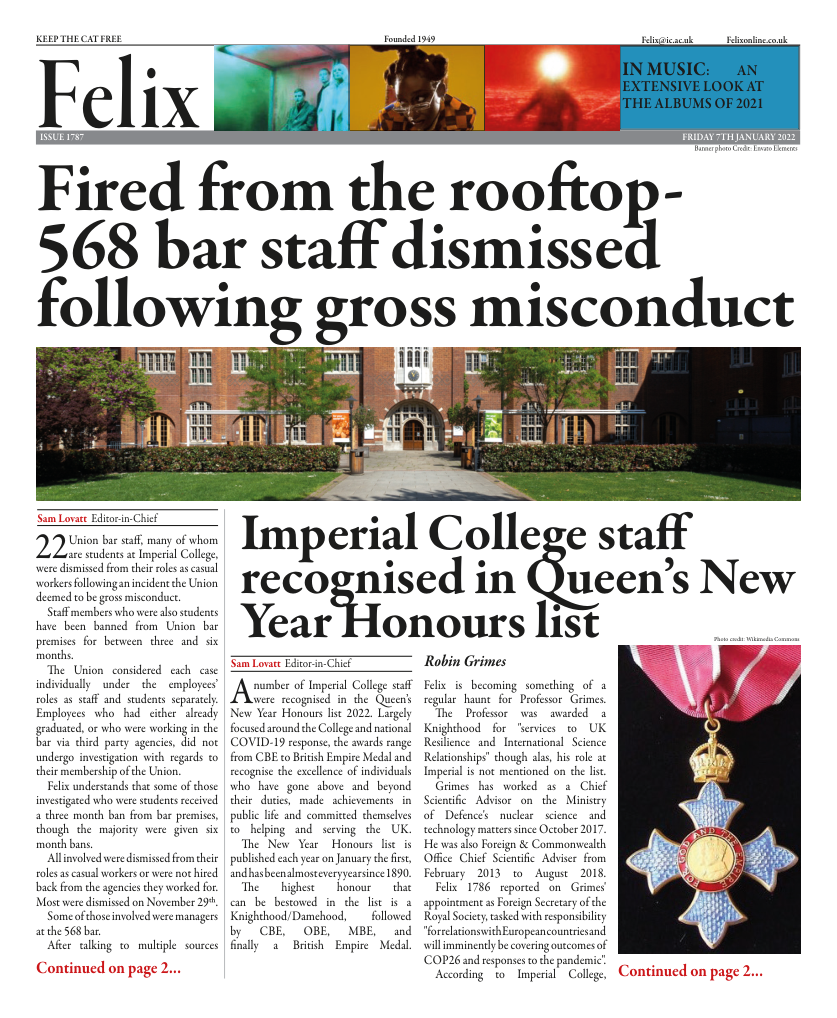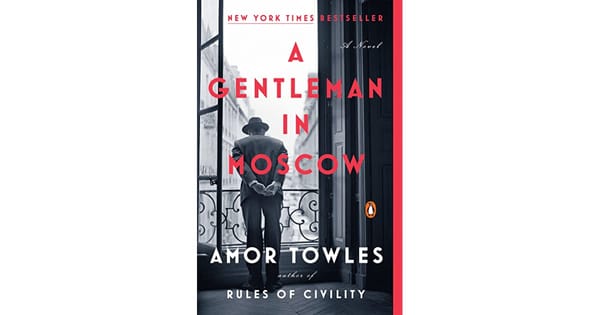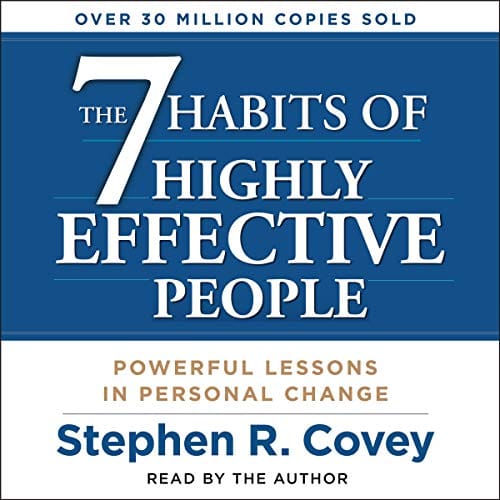All Among the Barley - Melissa Harrison
Editor-in-Chief Sam Lovatt reviews Melissa Harrison's delicate retrospective of life in inter-war England

All Among the Barley
★★★★Author Melissa Harrison
Melissa Harisson’s All Among the Barley was a pretty odd choice for me, I must admit.
I work at the Amnesty bookshop in Hammersmith and come across all kinds of books every week, some of which are so archaic that they cannot be read, and some that have been published so recently it’s scarcely believable that they have already been read and donated. Of all these books, All Among the Barley stuck out purely because of the unparalleled reviews it had received. “Book of the year” from four separate publications. “Astonishing”, “Startling”, “A masterpiece”.
Set in 1933, the story is seen through the eyes of 14 year old Edith (Edie) Mather, daughter of a farmer in rural England where the Great War still casts a lengthy shadow. Living the normal inter-war life of a child, Edie has always struggled to make friends and spends as much time as she can reading, in between her mandatory duties of helping mother with housework or father in the field. The first interruption to this monotony is seen when the tall, beautiful, androgynous Constance Fitzallen turns up out of the blue from the city, intent on writing about the ways of rural communities and the wholesome aspects of life that she believes city folk have lost. Breaking many of the norms seen as fundamental to being female, the impressionable Edie feels a cocktail of emotions towards Constance from the first time she meets her.
The cocktail shaker is shaken even harder when Edie interacts with Alf Rose, a boy three years her senior and son of the far richer neighbouring farmer.
The book provides a fantastic insight into the true patriarchy of communities in the ‘30s. Edie’s mother is told she will only vote the way her husband tells her to, and the family spend great swathes of time tip-toeing around an untouchable, drunken father who only gets away with his actions because he is “head of the house”. Through the whole book the only character we see undertaking a task not befitting their gender is the metropolitan Fitzallen.
Harrison does a fantastic job of maintaining the sense that things may be turned upside down at any moment without ever actually saying it. The book follows Edie’s attempted to make her own opinions on the world around her through the impacts of the war that she never saw, the changing politics of the time and a revolution of labour leaving many behind as the tractor overtakes the horse-drawn plough.
Outstanding descriptions of the English countryside and excellent historical insight of the times lead to a crescendo that few will see coming. Probably not for everyone, but definitely worth a read.









